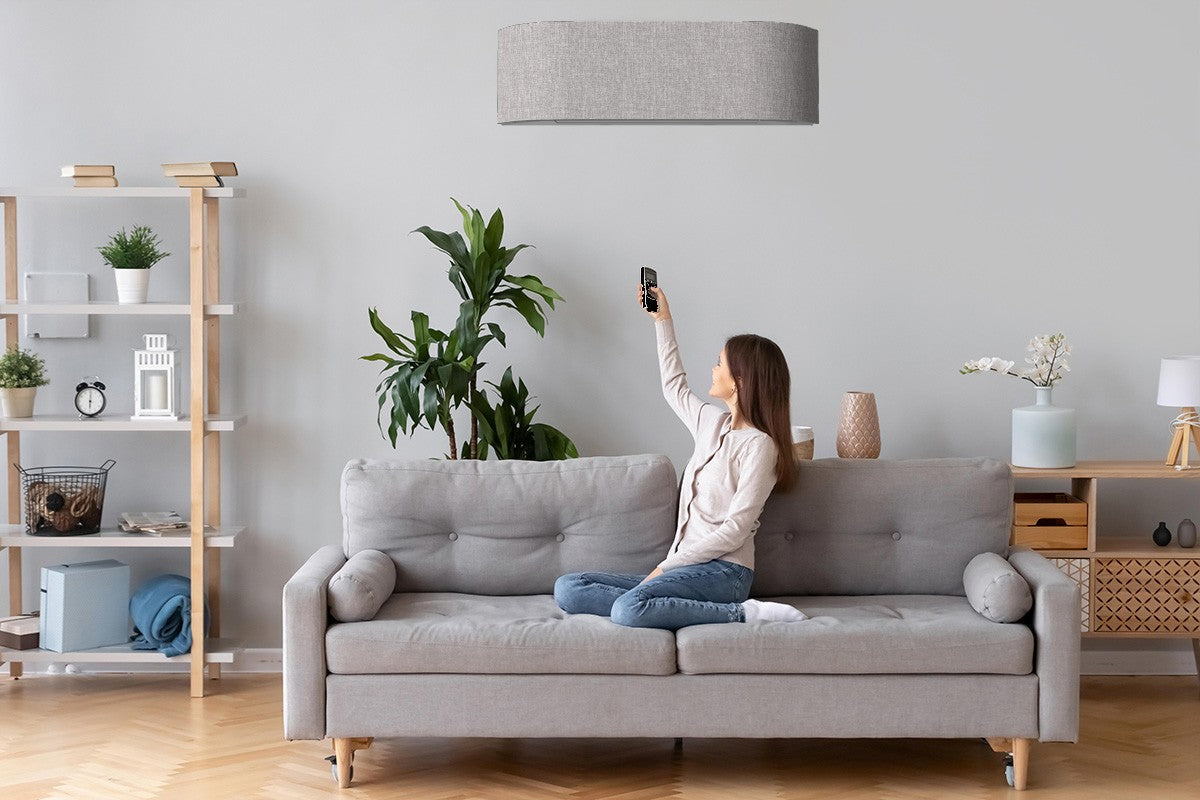A Comprehensive Guide to Achieving Optimal Indoor Air Quality

Indoor air quality (IAQ) plays a pivotal role in our overall well-being, as we spend a significant amount of time indoors. Ensuring good IAQ is crucial for maintaining a healthy and comfortable living environment. In this article, we'll explore the importance of indoor air quality and provide actionable steps to achieve and maintain it.
The Significance of Indoor Air Quality: Indoor air quality directly affects our health, productivity, and overall quality of life. Poor IAQ can lead to a range of health issues such as allergies, respiratory problems, and even long-term health complications. Factors such as pollutants, allergens, volatile organic compounds (VOCs), and mold can significantly impact the air we breathe indoors.
Tips for Achieving Good Indoor Air Quality:
-
Regular Ventilation: Adequate ventilation is essential for maintaining fresh air circulation indoors. Open windows and doors to allow for natural airflow, especially during mild weather. Utilize exhaust fans in areas prone to moisture, like bathrooms and kitchens.
-
Air Purifiers: Consider using air purifiers with HEPA filters to remove airborne particles such as dust, pollen, and pet dander. These devices can be particularly beneficial for those with allergies or respiratory sensitivities.
-
Control Humidity: Maintain optimal indoor humidity levels (around 30-50%) to prevent mold growth and dust mites. Dehumidifiers and air conditioners can help regulate humidity, especially in humid climates.
-
Regular Cleaning: Keep your living spaces clean to reduce the accumulation of dust and allergens. Vacuum carpets and rugs with HEPA filters, mop hard floors, and dust surfaces regularly.
-
Avoid Smoking Indoors: Prohibit smoking indoors, as it introduces harmful chemicals and toxins into the indoor air. Designate outdoor smoking areas away from doors and windows.
-
Use Low-VOC Products: Opt for low-VOC or VOC-free paints, cleaning products, and furniture to minimize the release of harmful chemicals into the air. Always allow new furniture or products to "off-gas" in well-ventilated areas before placing them indoors.
-
Keep Plants: Indoor plants not only add to the aesthetics but also help improve air quality by absorbing carbon dioxide and releasing oxygen. Certain plants, like snake plants and peace lilies, are known for their air-purifying properties.
-
Regular Maintenance: Ensure that your HVAC system is regularly inspected, cleaned, and maintained. Replace filters as recommended by the manufacturer to prevent the circulation of dust and pollutants.
-
Limit Clutter: Minimize clutter and excess belongings, as they can trap dust and hinder proper cleaning.
- Proper Storage: Store household chemicals, paints, and solvents in well-ventilated areas away from living spaces. Keep them tightly sealed to prevent their fumes from entering the air.
Prioritizing indoor air quality is a proactive step toward creating a healthier and more comfortable living environment. By following these tips, you can significantly improve the air you breathe indoors, promoting better health and well-being for you and your loved ones. Remember that consistent efforts to maintain good IAQ can lead to long-term benefits that positively impact your quality of life.





